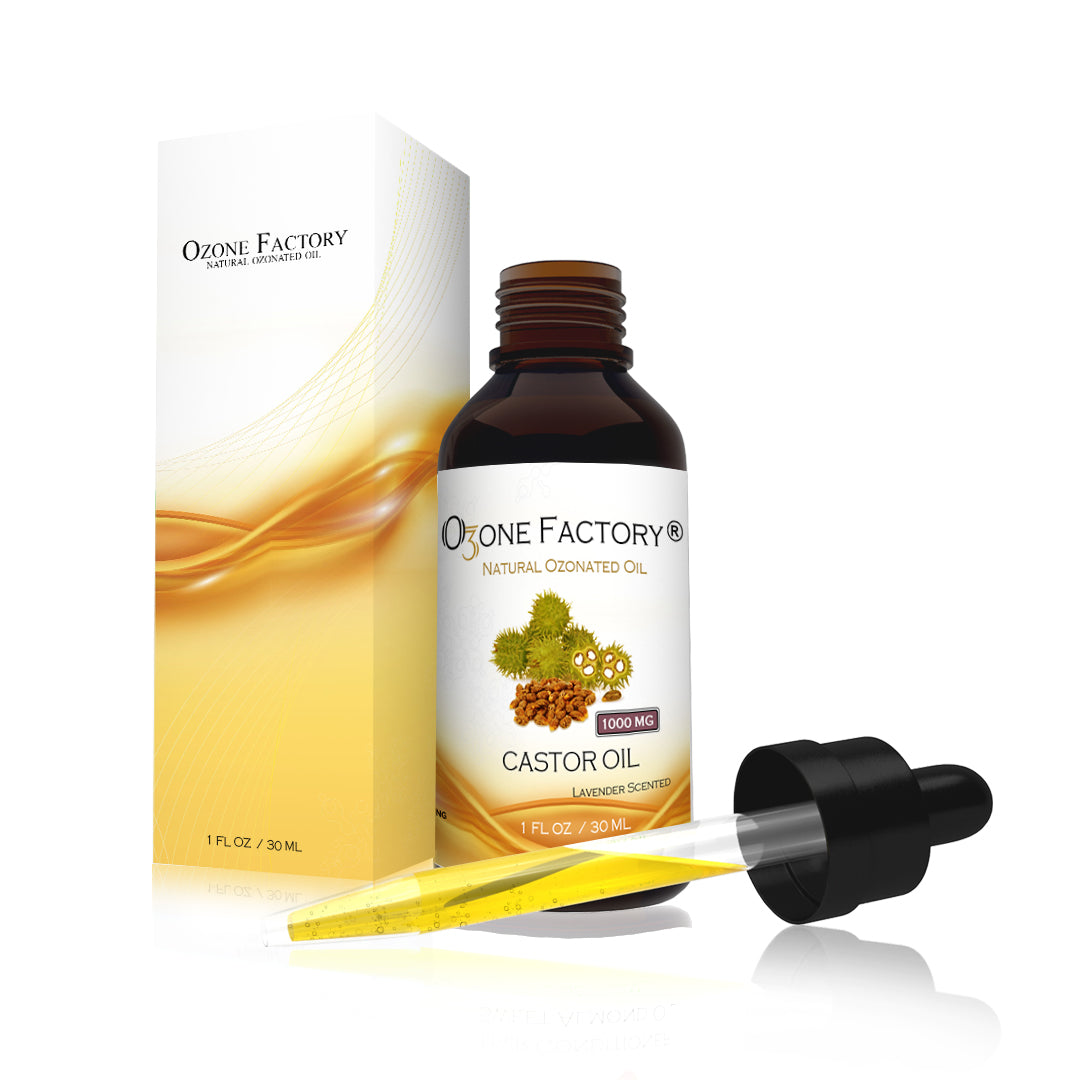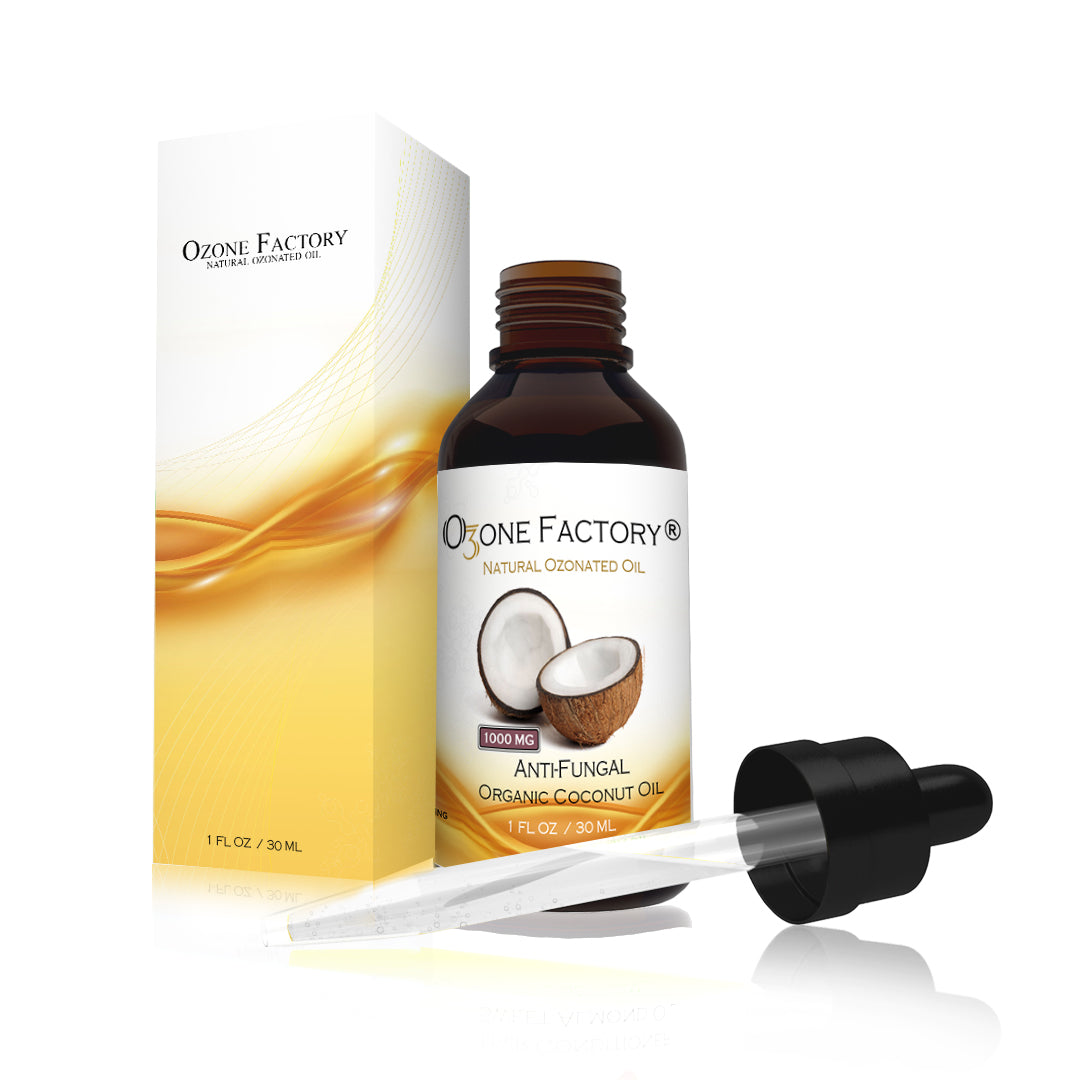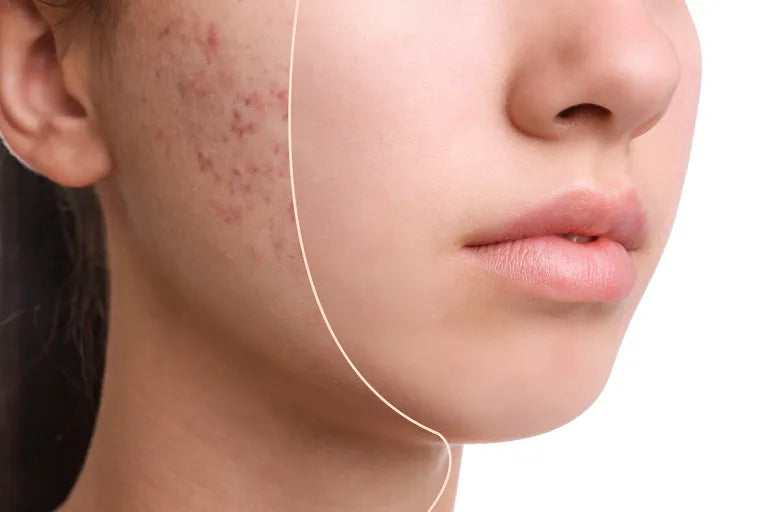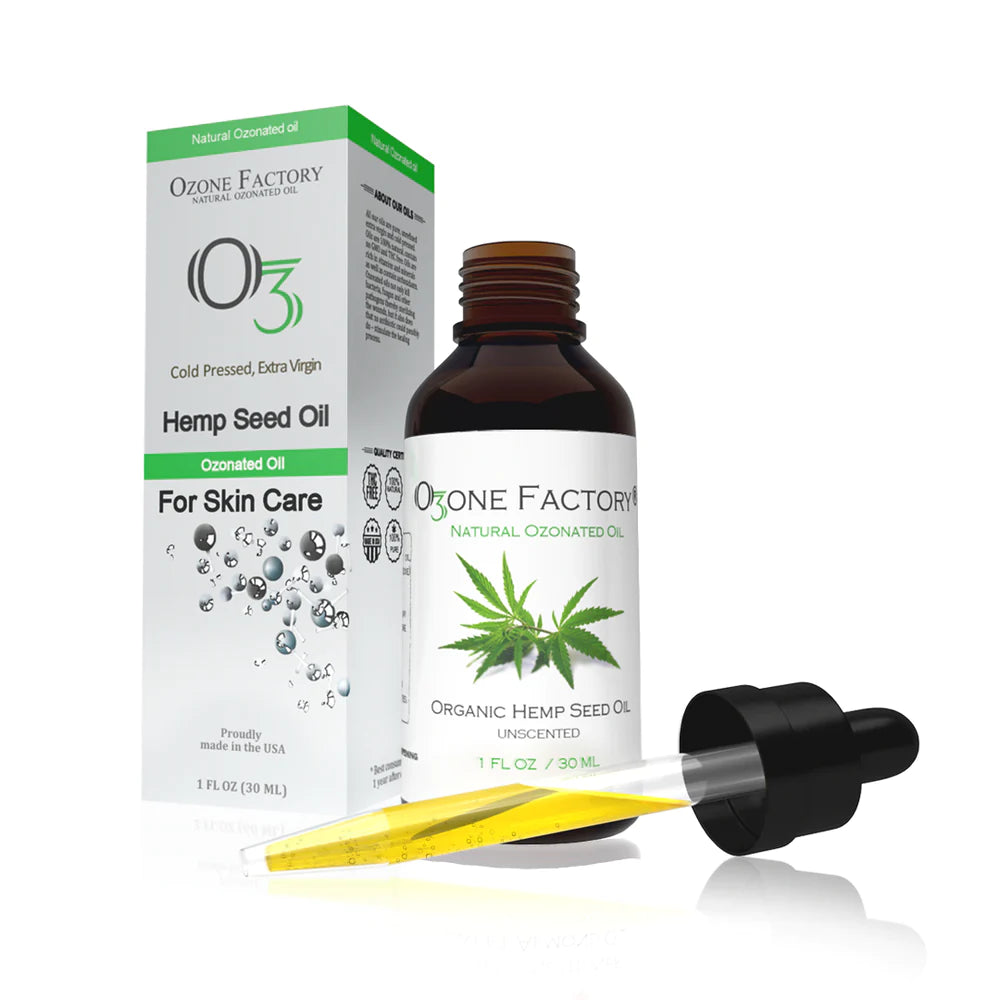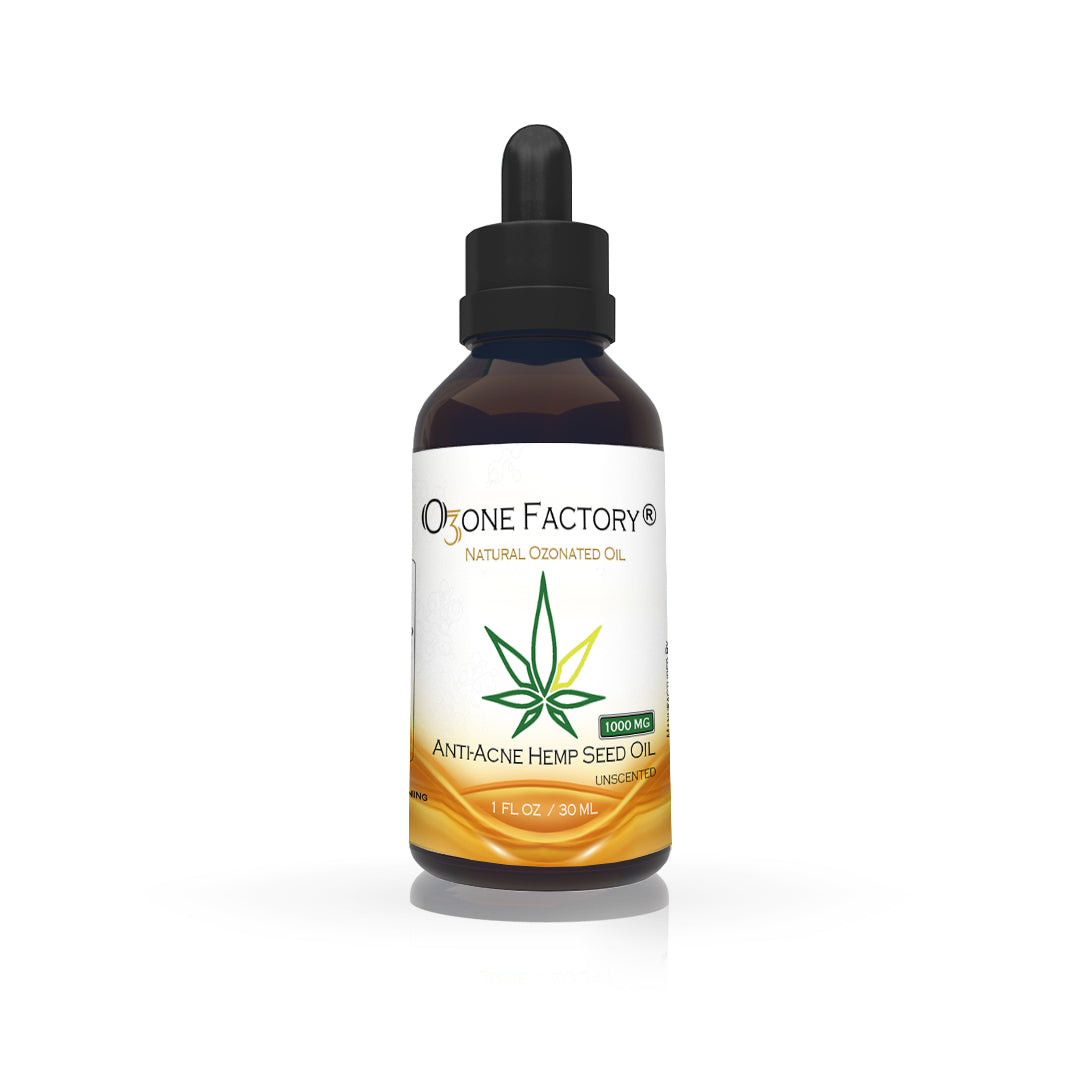
There are many reasons why you should apply ozonated coconut oil to a tattoo, whether it's a new or old one. Recent research indicates that coconut has antibacterial properties that may protect your inked skin from infections. It has also been found to effectively moisturize skin.
Research has further shown that it can improve skin barrier function and promote wound healing.
This article explains the benefits of ozonated coconut oil for tattoos, how to apply it, and possible side effects to know about.
Benefits Of Ozonated Coconut Oil
-
Highly Moisturizing to the Skin
Ozonated Coconut Oil is created from fat extracted from the flesh of coconuts. The medium chain fatty acids found within it help to retain your skin's natural moisture, meaning that your new tattoo won't dry out. Ozonated Coconut Oil helps keep skin hydrated, supple and smooth, assisting your new tattoo in healing properly and maintaining your skins natural balance. It has even been recommended for use in cases of eczema and severe dry and flakey skin.
-
Protects Against Infection
The capric, caprylic and lauric fatty acids within ozonated coconut oil act as natural disinfectants, protecting your tattoo from microbial infections. During your tattoos healing process the last thing you want to encounter is a nasty infection! Using ozonated coconut oil during your tattoo aftercare helps ensure that harmful microorganisms and bacteria are kept at bay.
-
Fights Free Radicals
Our skin cells and bodies need oxygen to survive, but oxygen also creates oxidization in the skin, which in turn creates what is known as “free radicals”. Free radicals speed up the aging process and can be harmful to healthy cell production, which is necessary during the tattoo healing process. As an added benefit, ozonated coconut oil contains the ultra-hydrating vitamin E, which assists your skin by keeping it smooth, preventing dryness and cracking, and serving as a protective barrier. This helps to block free radicals from forming on your skin, while providing a youthful and supple appearance.

-
Anti-Inflammatory and Wound Healing Properties
Proteins in ozonated coconut oil assist in rejuvenating the skin after the trauma of tattooing. The proteins repair damaged cells at a normal, healthy rate throughout the healing process. In addition to rejuvenating the skin, ozonated coconut oil also contains highly potent anti-inflammatory properties which work by increasing antioxidants, and reducing what is known as “oxidative stress” to the skin.
Thanks to the rich collagen levels present in ozonated coconut oil it is also a superb choice to aid in the overall wound healing process. Collagen works by assisting helpful cells to the site of the wound, which boosts tissue growth and helps the skin to heal faster.
In preparing for tattoo aftercare, ozonated coconut oil can be an excellent component to reduce swelling and pain, revitalize your skin and aid in the overall healing process.
-
Less is More
With a fresh tattoo it can be tempting to apply too much aftercare cream, however this can prevent your skin from breathing. Your skin can only absorb a certain amount of coconut oil, so a thin layer is all you need!
-
Hypoallergenic
If you have certain allergies or find you're sensitive to particular ingredients, some tattoo aftercare products might not be right for you. Ozonated Coconut oil is a great natural alternative for those with sensitive skin and skin allergies as it will not cause irritation or adverse reactions.
-
Alternative Uses
If you didn't already think ozonated coconut oil was amazing, its uses stretch far beyond tattoo aftercare. Ozonated coconut oil is a suitable replacement for products such as: makeup remover, all-over body moisturizer, lip gloss, hair conditioner/mask, and can even ease skin disorders like acne, psoriasis and eczema.

How to Use Ozonated Coconut Oil on a Tattoo
If you're caring for a new tattoo, keep the broken skin clean by washing it two or three times a day, and then apply the olive oil after each washing.
When using ozonated coconut oil, you want to put on just a thin layer. Putting on too thick a layer will prevent your skin from breathing and could reduce the benefits.
You can continue to use coconut oil on tattoos after they've healed. Some people say that using it regularly improves that luster and brightness of the ink.
Side Effects and Risks
Side effects from ozonated coconut oil are rare, but an allergic reaction known as contact dermatitis may occur due to topical exposure to products like cleansers, moisturizers, cosmetics, and shampoos that contain coconut-derived ingredients, such as coconut diethanolamide (also called cocamide DEA or CDEA) and cocamide sulfate.
Contact dermatitis symptoms may include a red, streaky, or patchy rash where the substance, in this case the coconut oil, touched the site of the tattoo. The rash may have red, blistering, weeping bumps, and the skin may feel tender. The rash may also ooze, drain, and crust, or become scaly, raw, or thickened. In addition, the skin may burn, itch, and hurt.
These side effects may occur a day or two after applying the coconut oil to the site of the tattoo and may take several days to clear up.
It is best to make sure you have no adverse reaction to a product before applying it on a large area of your skin. You may want to do a patch test before first use. Patch testing is a method used to determine the cause of a skin irritant or reaction.


